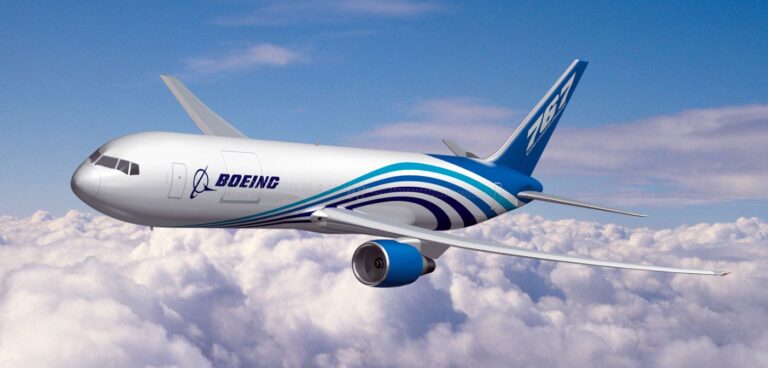In a panel discussion at the Qatar Economic Forum in Doha, Boeing Chief Executive David Calhoun addressed supply chain issues impacting aircraft production and offered insight into the future of sustainability within the air transport industry.
“I can see supply constraints for a very long time”, Calhoun said. He continued: “Our job is to resolve them and increase our [production] rates so that we can meet all the demands – but today, supply constraints dictate [production rates].”
He explained that stability is the top priority for aircraft manufacturers currently, saying: “We have to resolve the supply chain issues and the surprise associated with it and we have to resolve it once and for all. That is not a short-term job. It sounds like it might be, but I think it could take all of this year and probably all of next year.”
Boeing’s commercial aircraft deliveries have begun to increase as the industry recovers from the impact of the pandemic, with 2022 delivery rates the highest since 2018.
Calhoun also acknowledged that sustainability has been and must continue to be a priority. Speaking on the 2050 net zero target, he said: “Really the only significant contributor by way of change in technology is Sustainable Aviation Fuel (SAF) – that’s the only thing that moves the needle between now and then.”
“There will be advanced technologies – hydrogen included – that have a reasonable chance of delivering sustainable aviation in the second half of this century and there will be a lot of development that will work toward that end but in the meantime […] every new aeroplane that we or our competitors sell today, if it displaces an older aeroplane in its fleet, is usually 20-30% better on emissions. We have to continue that trend.”
Joining Calhoun in Doha was Akbar Al-Bakern, Group Chief Executive of Qatar Airways. Interestingly, he was exceptionally skeptical about the feasibility of the 2050 target, saying: “I don’t think we will be able to achieve net zero emissions by 2050. Everybody’s talking about it but let us be realistic. There is not enough production of SAF and the hydrogen project is in its infancy.”
Al-Bakern cited concerns surrounding water vapour at high altitudes as an example of why hydrogen-powered aircraft might be a further prospect that many would hope.
Both executives seemed convinced of the value of SAF to progressing towards net zero targets, but with limited supply and typically costing over double the price of jet fuel, it might not be the panacea that the air transport industry would like it to be.







